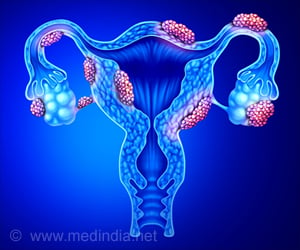Women can expect a good pregnancy outcome if their lupus is inactive and they are free of hypertension, low platelet count and antiphospholipid antibody.

It can affect the skin, joints, kidneys, brain and other organs. In the past, lupus patients were advised not to become pregnant because of potential risks to their health and that of their baby.
"Our findings provide a clear direction for counseling patients, and reassuring women with inactive lupus," said Dr. Jane E. Salmon, Principal investigator. "We also learned that patients with specific clinical features and certain antibodies that can be detected early in pregnancy by blood tests have an increased risk of serious pregnancy complications."
Researchers followed 385 pregnant women enrolled between September 2003 and December 2012 at eight sites in the United States and Canada to identify risk factors that predict poor pregnancy outcomes in women with lupus and antiphospholipid antibody syndrome.
All women were enrolled in the first 12 weeks of their pregnancies and had inactive or stable mild to moderate lupus disease activity at the time of enrollment.
Investigators reported that 81% of pregnancies were free of complications. Fetal or neonatal death occurred in 5% of pregnancies. Nine percent of women had a preterm delivery. Ten percent of babies had a low birth weight.
Advertisement
"It was exciting to see that severe lupus flares occurred in less than three percent of women during pregnancy," said Dr. Salmon. "Lupus patients and their doctors can be confident of a good pregnancy outcome in most cases if lupus is quiescent when they become pregnant. Our findings now allow clinicians to identify the patients at high risk and manage them accordingly."
Advertisement










